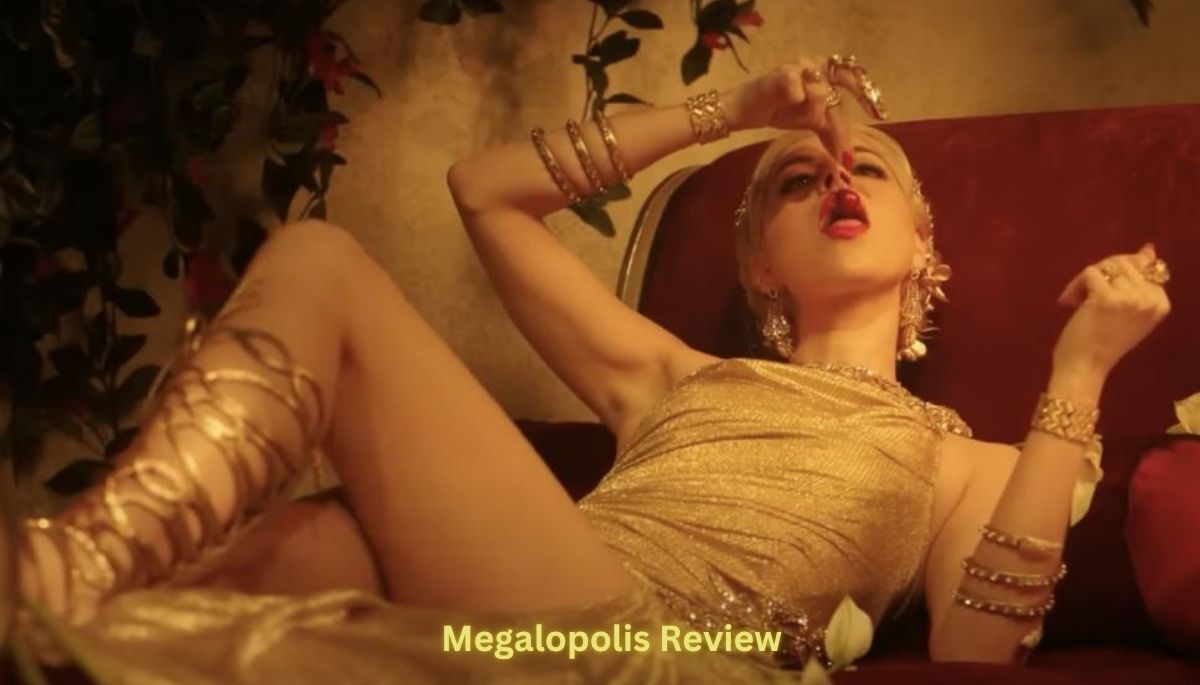In the annals of cinematic history, few names shine brighter than Francis Ford Coppola. Renowned for directing masterpieces like The Godfather and Apocalypse Now, Coppola has once again returned to the forefront of filmmaking with his highly anticipated project, Megalopolis. This film represents a culmination of years of planning, ambition, and a desire to transcend conventional storytelling.
But what exactly is Megalopolis? And what is it about the film that evokes such feverish dreams and passionate discussions? In this review, we explore the intricate layers of Coppola’s vision and its impact on the modern cinematic landscape.
A Visionary Project Years in the Making
Coppola’s Megalopolis is nothing short of a cinematic odyssey. Initially conceived decades ago, the project was delayed for years, battling multiple production hurdles. However, Coppola’s unyielding dedication has finally brought this visionary film to life.
The plot of Megalopolis is as ambitious as its name suggests—a complex tale set in a futuristic utopia that delves deep into the human condition, politics, and power structures. At its core, it’s a meditation on society’s quest for utopia and the inherent chaos that comes with it.
The Dreamlike Nature of Coppola’s Cinematic Universe
What makes Megalopolis stand apart from Coppola’s earlier works is its dreamlike, almost surreal quality. Viewers are taken through visually arresting sequences that blur the lines between reality and fantasy, lending credence to the idea that this film is Coppola’s fever dream, brought to life on the big screen.
With awe-inspiring cityscapes, dazzling special effects, and a sprawling narrative structure, Megalopolis showcases the director’s ability to create immersive worlds that feel both otherworldly and grounded in emotional depth.
Themes of Power, Society, and Utopia
At the heart of Megalopolis lies a powerful commentary on modern society’s obsession with control and the consequences of such aspirations. The film tackles complex themes like:
- Power and Corruption: How the pursuit of utopia often leads to dystopia.
- Human Nature: The eternal struggle between idealism and realism.
- Technological Dependency: How advancements both help and hinder societal progress.
Through these themes, Coppola delves into timeless questions about human nature and our collective dreams of creating a perfect society. The film asks whether utopia is ever truly achievable or if it’s destined to unravel in the face of humanity’s flaws.
An Ensemble Cast and Performances to Remember
While Coppola’s directorial brilliance often takes center stage, the performances in Megalopolis are nothing short of spectacular. The film boasts an impressive ensemble cast, featuring:
- Adam Driver
- Aubrey Plaza
- Nathalie Emmanuel
- Jon Voight
Each actor delivers a nuanced performance that adds layers to the already intricate narrative. Adam Driver, in particular, stands out as the conflicted protagonist, embodying the tension between visionary leadership and authoritarianism.
The Fever Dream: A Cinematic Experience Like No Other
Coppola has always been known for his ability to evoke intense emotions through his films, and Megalopolis is no exception. The film operates in the realm of the surreal and hallucinatory, plunging viewers into an experience that feels like a fever dream, where logic is often eschewed in favor of emotional resonance.
This bold stylistic choice is reminiscent of Apocalypse Now, but here, Coppola pushes the boundaries even further. The dreamlike sequences reflect the fractured state of the society depicted in the film and, more broadly, the fractured dreams of our own world.
Critical Reception: Divisive Yet Unmissable
As with any ambitious project, Megalopolis has sparked a divided critical reception. Some praise Coppola for his bold, visionary approach, while others find the film’s sprawling narrative and abstract themes difficult to follow. However, no one can deny the sheer ambition and scope of Megalopolis.
Coppola’s fever dream may not resonate with everyone, but for those who appreciate cinema as an art form, this film is an unmissable experience. It challenges the conventional boundaries of storytelling and pushes the audience to engage with complex ideas.
Read more – YELL51X-OUZ4 The Game Changer
Megalopolis and the Legacy of Francis Ford Coppola
With Megalopolis, Coppola has once again proven his place among the greats. While the film may not reach the universal acclaim of his earlier works like The Godfather, it stands as a testament to a filmmaker who continues to take risks and challenge the status quo.
Megalopolis is, in many ways, Coppola’s final declaration on the power of cinema. It’s a film that isn’t afraid to grapple with big ideas, daring the audience to dream as boldly as Coppola himself. Whether hailed as a masterpiece or critiqued for its excesses, there’s no denying that Megalopolis is a film that will be remembered for years to come.

1 thought on “Megalopolis Review The Fever Dreams of Francis Ford Coppola”